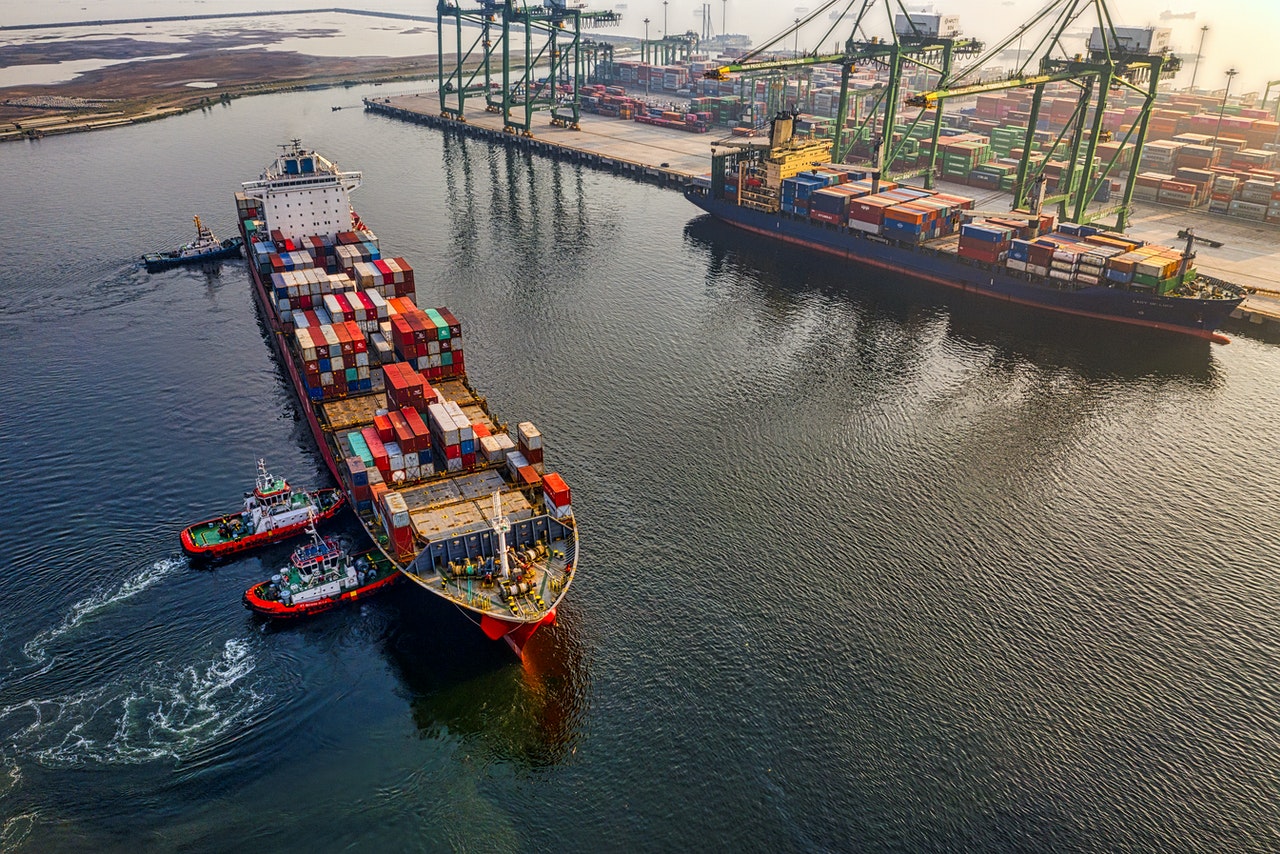Russia may finally shed its reputation as an energy exporter as it pursues a policy of minimizing reliance on hydrocarbons and diversifying exports. In 2019, the government launched a national project called International Cooperation and Exports with the goal of boosting non-resource and non-energy exports 70% by 2030.
Moscow is quickly closing in on that goal: the capital city’s non-resource and non-energy exports jumped to USD 20.13 billion in the first eight months of the year, an increase of almost one-third year-on-year.
Moscow-based exporters sell goods to 180 countries around the world with a presence on every continent. Kazakhstan, the United States, Belarus, and Germany are all major importers of goods from Russia’s capital. Growth in exports is driven by industrial products, which account for approximately 90% of local companies’ non-resource and non-energy exports, and by agro-industrial products, which reached USD 2.36 billion in the first eight months of 2021, up 7.4% year-on-year.
Local government support – both financial and logistical – is an important factor fueling export success. Financial support traditionally comes in the form of subsidies, grants, and preferential tax treatment, but a wide range of other support measures is also available. In Moscow, exporters can access the Mosprom Center for Export Support, which provides individualized assistance to local exporters by compiling research on target markets, assessing a product’s potential for export, and organizing business missions to find potential buyers.
Finding a niche
Personalized business missions are a better way to find potential partners than events like industry trade shows. During a mission, each exporter meets with the companies it matches with on as many parameters as possible. Why is that important? Distributors, dealers, retailers, and other buyers all have their own criteria for new products. Those criteria can cover anything, from quality to price to region. For example, a distributor that works with stores selling sustainable clothing will not pick up a brand that doesn’t use environmentally friendly materials. If your products don’t meet the requirements, then talking to that distributor would be a waste of time.
Trading business cards at an industry event cannot even come close to the effectiveness of a business mission, where supplier and distributor know enough about each other ahead of time to be ready to talk. The Mosprom Center’s experts present manufacturers’ products to buyers in advance of business missions and verify their interest before the dialog starts.
Business missions also save manufacturers time because the third-party organizer selects a list of relevant buyers. That means that business owners don’t have to study the market and weed out distributors and customers who aren’t a match for whatever reason.
Overcoming barriers
Business missions are also a good way to get around the problem of poor brand recognition. Foreign buyers are often unfamiliar with Russian brands, so they can be reluctant to reach out. An intermediary with experience presenting Russian brands can get a foot in the door and offer assistance during negotiations.
Business missions are also an effective format for dealing with language and regulatory barriers. In some Latin American countries, few people speak English, and it can be difficult to find interpreters with a good command of professional terminology. Specialists with a deep understanding of the local regulatory environment are also helpful. As an example, a Mosprom client recently signed a contract with an Argentinian mining company. During negotiations, they discovered that the proposed contract did not detail the parties’ rights and obligations. Instead, it was a general-use document that, among other things, assigned all liability for any problems to the supplier. The legal experts at the Mosprom Center noticed these issues and drafted a contract that satisfied both parties.
Tapping new markets
Some business missions are set up for specific suppliers, but others are organized to promote foreign trade in general. The Mosprom Center’s experts keep abreast of market conditions in a range of countries to identify needs that local suppliers could meet. When they saw several Eastern European countries planning large infrastructure projects, including two sections of railway in Hungary, they concluded that there was demand in the region for the materials and equipment used in such projects. Moscow-based companies sold USD 2.5 million in equipment for railroad infrastructure projects to Hungarian clients in the first five months of 2021, up from USD 1.68 million for all of 2020 and nothing at all prior to that.
“In the first ten months of 2021, the Mosprom Center’s specialists organized 13 business missions for 86 manufacturers and helped 29 exporters attend international trade shows. Target markets include Latin America, Eastern Europe, Southeast Asia, and Africa,” says Alexander Prokhorov, head of Moscow’s department of investment and industrial policy.
Virtual format
Almost all of Mosprom’s events for exporters migrated online over the past year. In 2021, 12 of 13 business missions were held virtually, and local exporters found them to be just as effective for closing deals as pre-pandemic offline events.
Mosprom helps companies adapt their presentations for specific regions, researches the competitive advantages of local companies’ products, and facilitates locate and vet potential partners.
Last year, the Center’s experts helped 13 local exporters remotely attend a trade show in China using virtual reality technology to staff a group stand from Moscow. Visitors to the stand put on virtual reality headsets to enter a private conference area where they examined the companies’ products and discussed terms.
The Mosprom Center also offers local companies an online assessment of their export readiness called ADEPT 7, Russia’s first online tool for predicting whether or not a product will do well in a specific target market. Companies can use the tool from their own offices.



 Bitcoin
Bitcoin  Ethereum
Ethereum  Tether
Tether  XRP
XRP  Solana
Solana  USDC
USDC  TRON
TRON  Lido Staked Ether
Lido Staked Ether  Cardano
Cardano  Avalanche
Avalanche  Toncoin
Toncoin